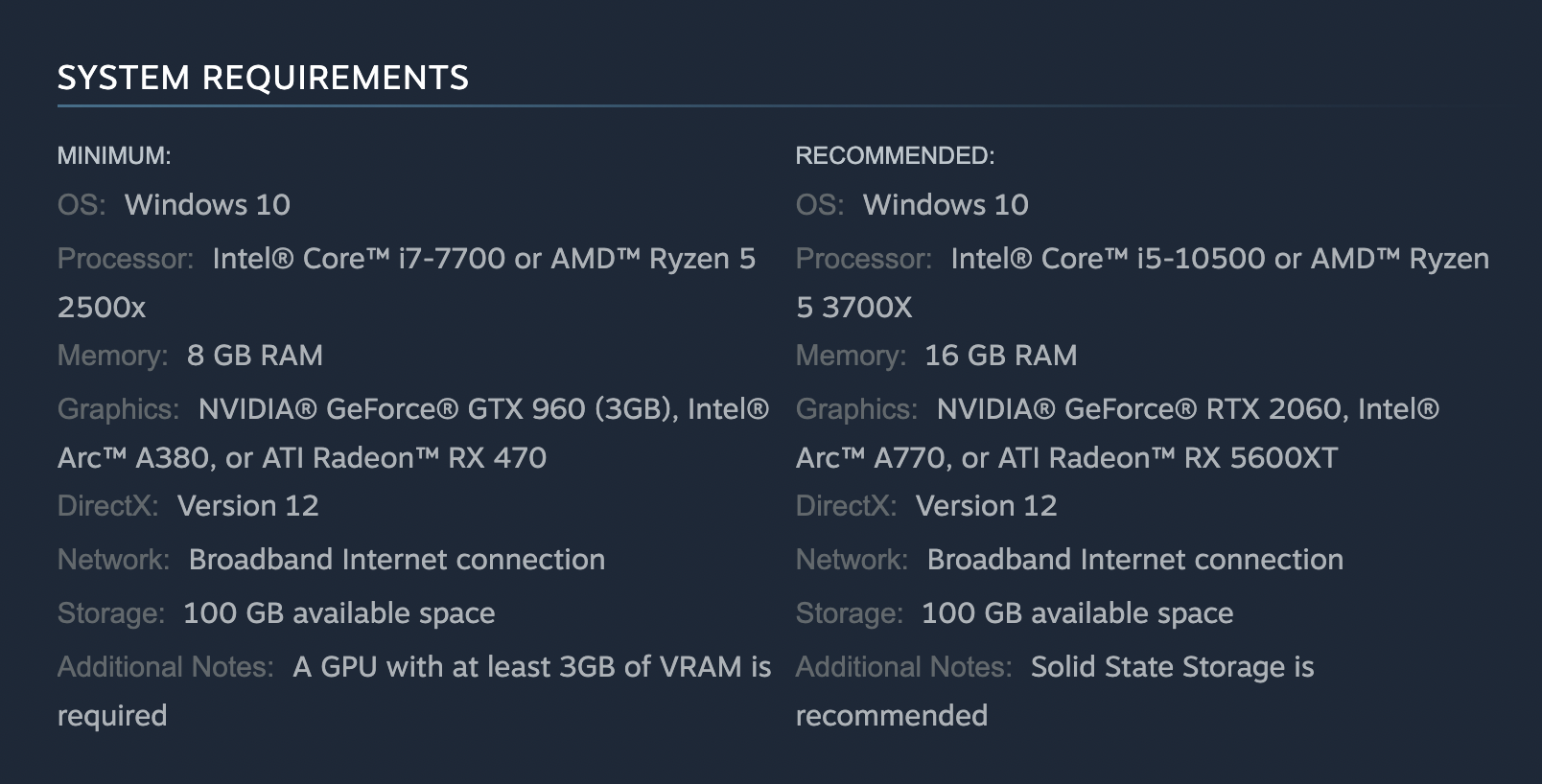
A recent reportrevealed that, Artificial Intelligence giant OpenAI prevented the spread of ‘misuse’ and ‘abuse’ of its AI tool ChatGTP. Over 250,000 requests were rejected for image generation or ‘deepfakes’ of political figures in US elections such as President Biden, President-elect Trump, Vice President Harris, Vice President-elect Vance, and Governor Walz. According to the recently concluded US presidential election report, this was done to prevent any spread of misinformation in the elections OpenAI’s safety measures According to OpenAI, this ability is part of the firm’s safety measures that have been incorporated into its AI systems, especially the DALL-E image generator.
There was a risk that AI-generated content potentially used to deceive viewers through alteration of images or videos to make it appear that someone said or did something they never actually did. However, the company even took measures, that the tool refuses any requests to make images featuring real people, especially popular figures such as politicians. OpenAI also made sure users seeking to find out how to vote or the outcome of a particular election were directed to reputable sources.
For instance, ChatGPT sent about 1 million users to CanIVote.org during the week leading up to election. On Election Day and the following day, the chatbot responded with 2 million answers referring the user to the Associated Press and Reuters for the most accurate election results.
The company stated that the AI tools were in no way designed to deliver political opinions or endorse any candidate. Other AI chatbots like Elon Musk’s Grok AI had a different approach, embracing Trump as the winner. The Deepfake surge during elections Earlier this year, New Hampshire voters received a set of deepfake robocalls featuring pretend President Joe Biden urging them not to vote in the state’s primary.
Meanwhile, another deepfake video showed Vice President Kamala Harris supposedly making false statements, such as describing herself as the “ultimate diversity hire.”. OpenAI had been preparing for such risks since the beginning of the year by putting safety memeasures in place, ensuring that its AI models would not be used to spread false information.
ALSO READ: OpenAI Acquires Chat.com From THIS Indian Entrepreneur in $15 Million-Plus Deal.












